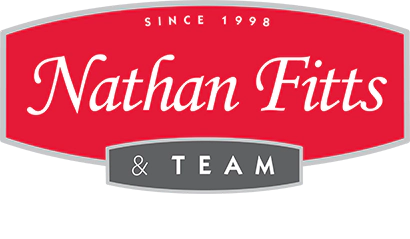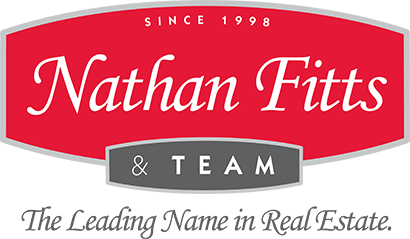
Surprises are only fun at birthday parties, anniversaries and reunions. Home inspections – not so much. So, whether you’re a buyer or seller, the inspection can be your friend, your enemy, or your crazy uncle who’s not so crazy. Neither party wants an inspection to produce a surprise, and both would prefer the process to be smooth, seamless, and not contentious.
There are a number of ways to prepare for the inspection, depending on whether you’re buying or selling. In both instances preparation is the key to accomplishing the mutual goal – determining issues or concerns about the house that might hamper – or prevent – completion of the sale.
If you’re a seller, obviously you want to get out in front of any issues, problems or concerns. Everything identified by the inspector in their final report is going to be a negotiating point for the buyer. With that in mind, Nathan Fitts & Team urge you to consider a pre-inspection. It may be worth the investment to hire an independent inspector to come in with fresh eyes to go over all the aspects of your house that you might not see — or want to see. Keep in mind that an inspection is all about lists – any inspector will be ticking off boxes on the outline, looking for things like mold, pest infestation, roof leaks, foundation damage, and safety issues. It’s the job of the inspector to 1). Identify problems with the house – for you as the seller, or for the prospective buyer; 2). Suggest ways in which to fix the problems with minimum worry and fuss; and 3). Estimate how much the repairs might cost. That sets the stage for the inevitable negotiation to follow. By the time of the inspection both parties have pretty much decided that a deal is in their best interest – after the inspection is the time for tweaking.
If you’re a buyer, be careful not to assume the inspector is on your team. He or she is actually more like a referee, trying to maintain order and fairness and not taking sides. The best home inspection is an objective home inspection – pointing out flaws, and recommending ways to resolve them inexpensively and in a way that does not delay the momentum of the sale or purchase.
That said, for a buyer, the inspector is also a line of defense against anything major that may indeed – and for good reason — grind the process to a halt. The inspector’s title alone should give you a sense of security – they need to be thorough and inspect all cracks and crevices. If their knees aren’t dirty, they’re probably not doing their job. You have the right – as the buyer – to hire your own inspector, and if you do there are a number of critical questions to ask as you interview inspector prospects.
- First, make sure the inspector is licensed or certified.
- Check for experience – this is one of most important aspects of a viable inspector. They’ve seen a lot and know what to look for. Make sure that their experience matches your prospective purchase type – if they specialize in condos and you’re purchasing a house – look somewhere else.
- Ask for their checklist – find out what they cover, and what they don’t.
- Ask the price – it varies, depending on what’s being inspected.
- Ask the timing for the completed report – acceptable normal is five to seven days after the inspection, but most inspectors will turn it around in 24 hours.
- Ask for a sample report.
For both the seller and the buyer, the inspection is a critical aspect of the sale. It’s revealing for both parties and when it’s done well it fosters trust and good feelings of comfort that the process has been thorough and transparent.

